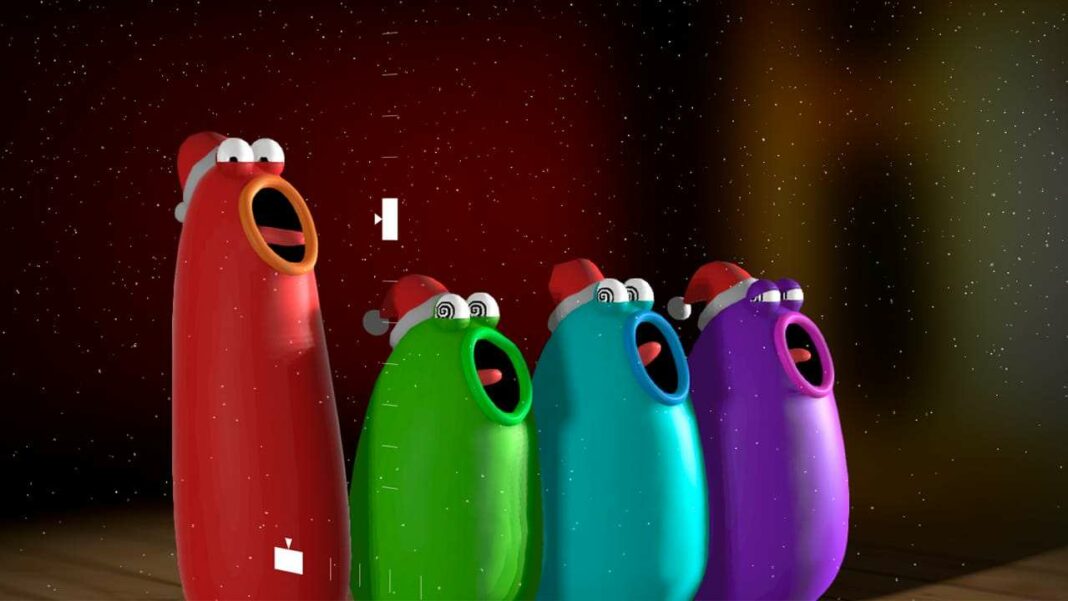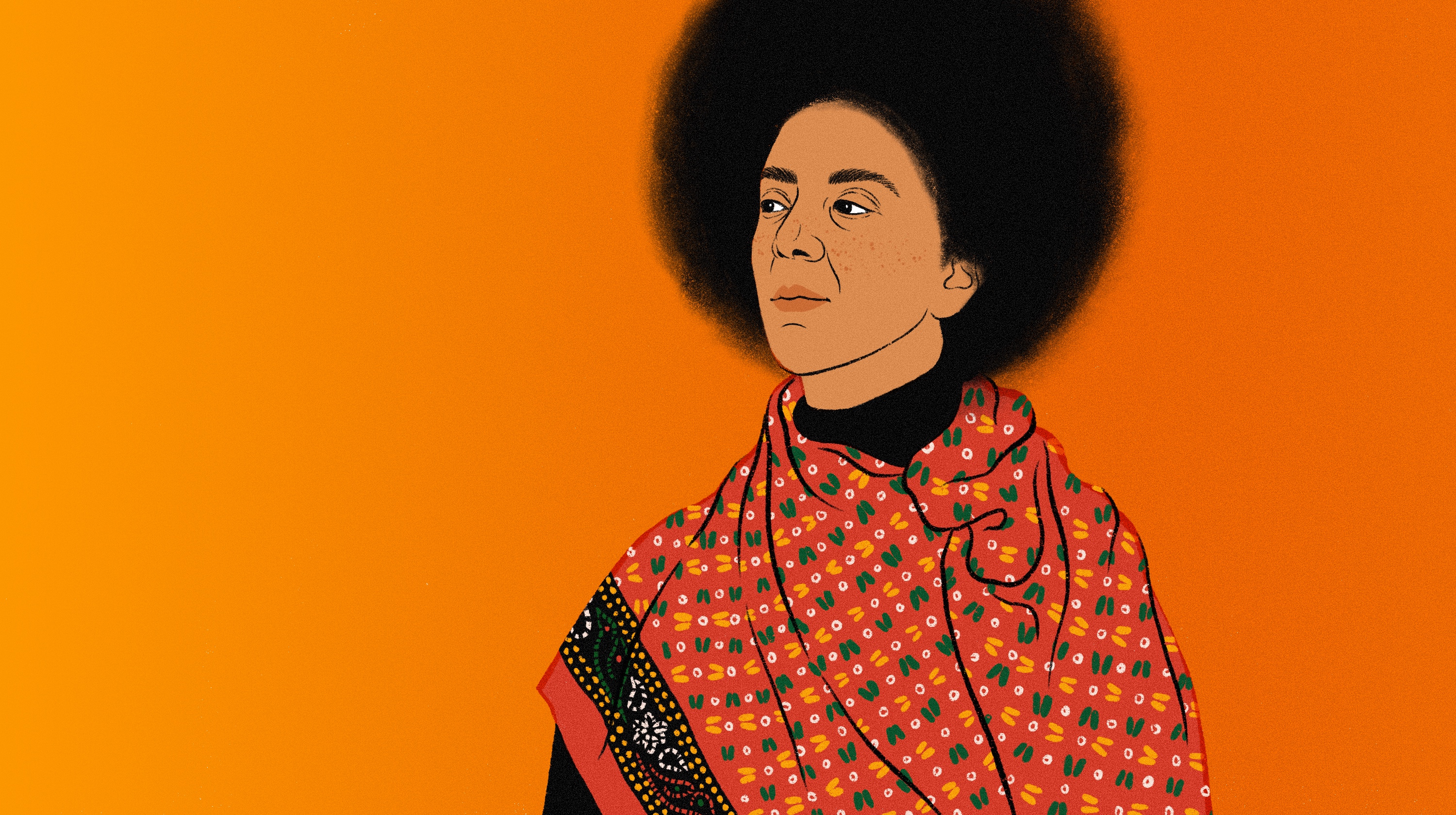



Partly, this is because Google hasn’t publicly unveiled the code underpinning the experiment. But it might not be immediately clear just how smart. Modelled on 16 hours of singing from four professionals – Cristian Joel (tenor), Frederick Tong (bass), Joanna Gamble (mezzo‑soprano), and Olivia Doutney (soprano) – Blob Opera relies on AI to synthesise the noises you hear.Īs Google says: “In the experiment, you don’t hear their voices, but the machine learning model’s understanding of what opera singing sounds like, based on what it learnt from them.” – Thanks for information from Androidworld.It is – and we cannot stress this enough – a whole lot of flubbery fun.īut although effortless to use, it was no easy feat to build. Don’t forget to click ‘make it a New Year’s Eve party’.Īnd, are you planning to do some research? We are curious what you think.

Very nice on a holiday like New Year’s Day to entertain yourself with a song that might just become your 2022 soundtrack. The blobs don’t sing real words, but just a kind of sounds, which nevertheless seem as if they belong in a real opera. Yet another model is used to actually make them sound good in harmony. You don’t end up hearing their voices, but you hear the blobs singing what the algorithm thinks opera sounds like, based on everything they’ve picked up from the real opera singers. Four opera singers recorded no less than 16 hours of vocals (tenor Christian Joel, bass Frederick Tong, mezzo-soprano Joanna Gable and soprano Olivia Doutney). It’s a bit bizarre, of course, but it’s a playful way to show what data can mean.


 0 kommentar(er)
0 kommentar(er)
